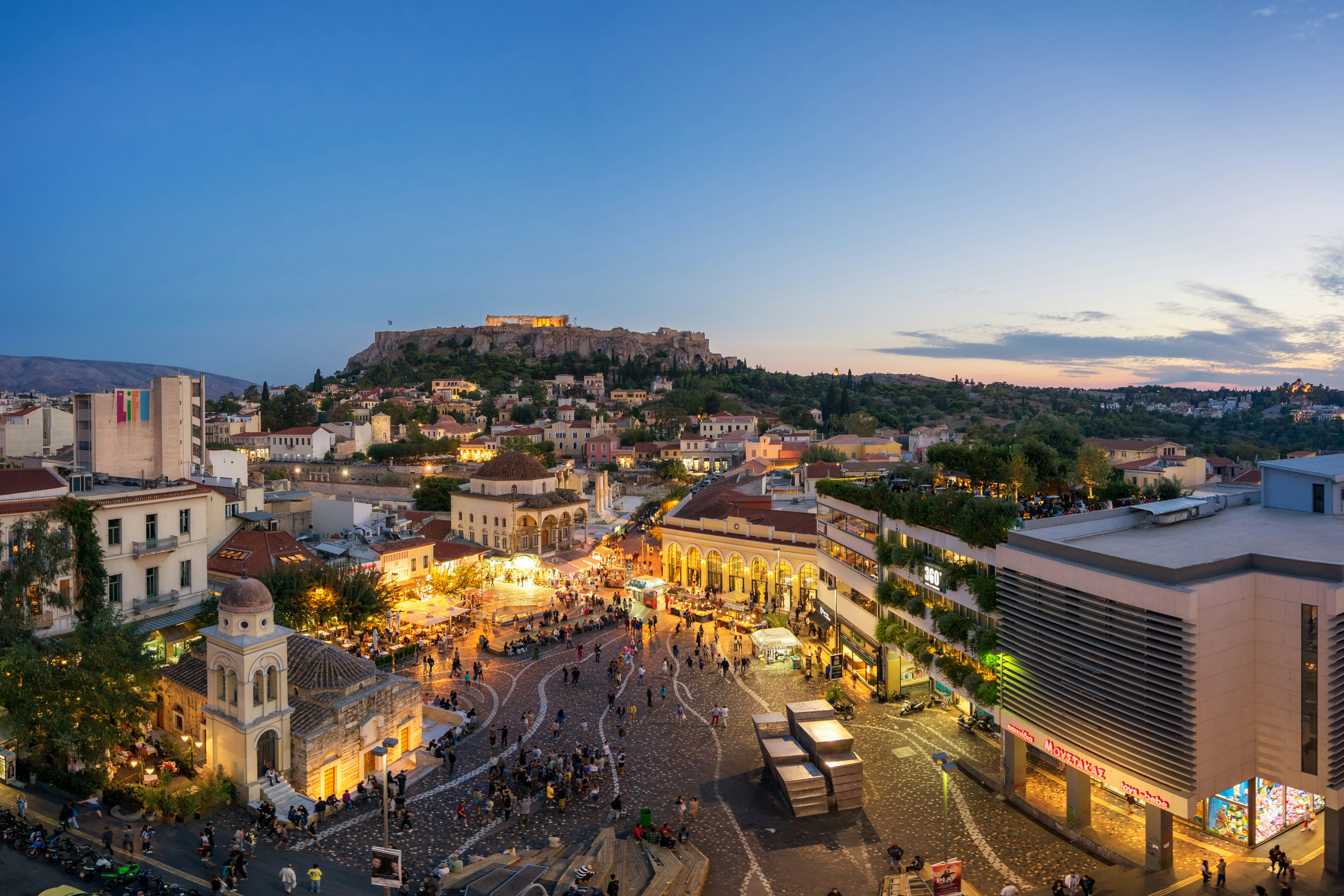
The 30 best countries, cities and regions to visit in 2025
May 20, 2020 • 2 min read

The Acropolis has re-opened again to visitors © Borislav Stefanov/500px
Two months after it closed to the public because of the COVID-19 pandemic, the Acropolis in Athens has re-opened again. Greece has also re-opened its 200 or so outdoor archaeological sites, as the lockdown restrictions slowly begin to ease.

While the famous site can host around 2000 people, only a limited number of visitors are allowed to visit at present and social distancing rules are being enforced. Large groups with a guide are not being admitted and visitors are strongly advised to wear masks. The Acropolis is one of the most important ancient sites in the world, and is visible from almost everywhere within the city of Athens. It became a Unesco World Heritage-listed site in 1987.

The Acropolis was first inhabited in Neolithic times (4000–3000 BC), and the earliest monumental buildings were constructed during the Mycenaean era. People lived on it until the late sixth century BC. After all of its buildings were reduced to ashes by the Persians on the eve of the Battle of Salamis, Pericles transformed it into a city of temples, which has come to be regarded as the zenith of Classical Greece. The buildings were damaged again when the Venetians attacked the Turks in 1687, causing an explosion in the Parthenon.

While the Acropolis is now open again, Greek museums won't re-open until June 15. The country's authorities are keen on its tourism economy being restored as the IMF has warned that Greece is likely to be the EU country that is most adversely affected by the economic fallout from the pandemic.
Lockdowns are easing globally as the planet adjusts to a new normal. Find out how COVID-19 is changing travel.
Plan with a local
